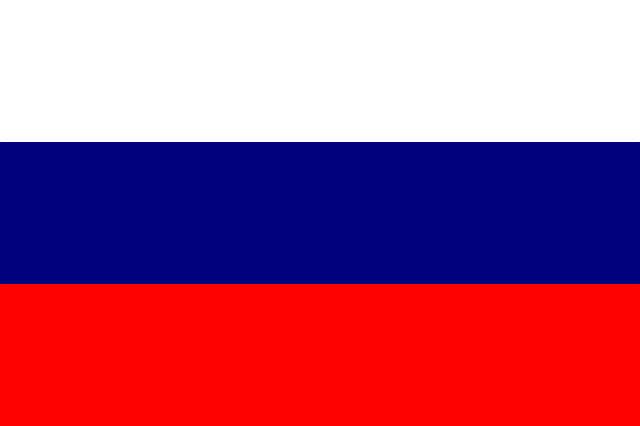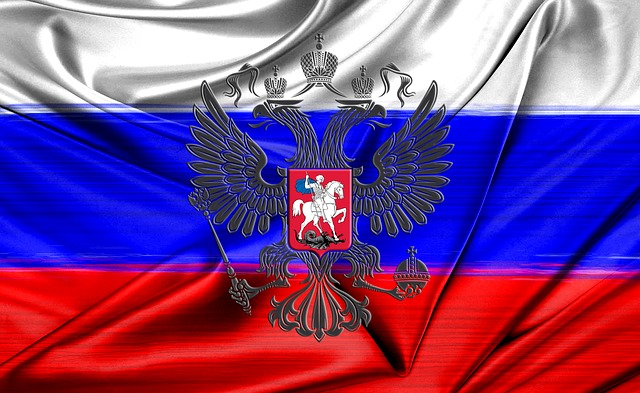In early 2018, the United States Treasury released a report that outlined how Russian oligarchs got their money. The report detailed how these individuals used shell companies and hidden ownership to move their money around the world.
It also explained how the Russian federation government helped these oligarchs get their wealth in the first place. This information is important for understanding the current political situation in Russia.
Also read: How Do Russian Oligarchs Make Their Money?

Image credit:pixabay.com
Money Laundering Schemes
Not all Russian oligarchs are created equal. Some have made their fortunes through real business deals, while others have used their political connections with Russian President Vladimir Putin to amass great wealth. However, many have also used illicit methods to acquire and maintain their fortunes.
One common method is money laundering. This is the process of moving funds through a series of transactions to hide the money’s source. For example, a Russian oligarch might funnel money through a series of shell companies and offshore accounts before finally investing it in a legitimate business.
Using this method, the oligarch can disguise the origins of his fortune and avoid paying taxes on his ill-gotten gains. While money laundering is not a victimless crime, it is often seen as a necessary evil by those who seek to maintain their power and influence in Russia.
Also read: Who Are The Top 10 Richest Russian Oligarchs?
Corruption And Bribery
In this chaotic environment, a small group of wealthy businessmen, known as oligarchs, managed to amass enormous fortunes. Much of their wealth came from acquiring state-owned assets at bargain-basement prices.
But they also benefited from close ties to the Russian government, which allowed them to secure sweetheart deals and rig public tenders. In addition, they used their political connections to shield their businesses from competition and environmental regulations.
As a result, the oligarchs could rapidly consolidate their power and become some of the richest Russian billionaires. While there is no blueprint for becoming an oligarch, corruption and bribery have played a key role in many of their success stories.
Also read: Do Russian Oligarchs Own Planes?

Image credit:pixabay.com
Tax evasion
Russian oligarchs are a class of wealthy businessmen who have made their money in various ways, but one common method is tax evasion. By hiding their assets in offshore accounts or using shell companies, oligarchs can avoid paying taxes on their income.
This allows them to amass enormous fortunes while contributing little to the public purse. While some oligarchs have been able to use their wealth to achieve political power, others have been content to enjoy the fruits of their illicit labor simply.
Either way, the Russian government has long tolerated the activities of its wealthiest citizens, turning a blind eye to their tax evasion and other crimes. However, this tolerance may change as the government increasingly cracks down on corruption and moves to collect more taxes from the country’s richest individuals.
Whether this new attitude will stick remains to be seen, but it could signal a major shift in how Russian oligarchs do business in the future.
Also read: Russian Oligarch’s Cryptocurrency Investments
Fraud And Embezzlement
One of the most common fraud methods was “loans for shares.” Under this scheme, oligarchs would take out large loans from state-owned banks. They would then use the money to buy shares in state-owned enterprises.
Once they owned a controlling stake in these enterprises, they would strip them of their assets and sell them off for a profit. In this way, oligarchs could acquire vast sums of money through fraud.
Embezzlement was another common method used by oligarchs to amass their fortunes. Frequently, oligarchs would use their positions of power to siphon off state funds into their accounts.
They would also engage in cronyism, awarding state contracts to businesses they owned or had stakes in. In this way, oligarchs could line their own pockets at the expense of the Russian people.
The actions of the Russian oligarchs have profoundly impacted Russian society. Their greed and corruption have helped contribute to an atmosphere of mistrust and cynicism.
In addition, their vast fortunes have created a class of extremely wealthy Russians while most Russians remain mired in poverty. As a result, the actions of the oligarchs have helped perpetuate social inequality in ruled Russia.
Illegal Business Practices
In Russia, most oligarchs made their money through illegal business practices during the privatization of state-owned industries in the 1990s. They were known as the “loans-for-shares” program. This program allowed a select few businessmen to take out loans from the government using state-owned assets as collateral.
These businessmen like roman Abramovich and Boris Yeltsin then used the loans to buy up shares in state-owned companies at bargain prices. Once they owned a controlling stake in these companies, they were able to sell them off for a huge profit in post soviet Russia union.
While this type of privatization was technically legal, it was widely seen as a way for the Kremlin to line its own pockets and consolidate power. As a result, many Russian oligarchs are now extremely wealthy, but their wealth is largely ill-gotten.
Asset stripping
One way that oligarchs acquired their wealth was through a process known as asset stripping. This involves buying up a company or enterprise and then selling off its assets piece by piece, often at bargain prices.
The profits from these sales are then funneled into offshore bank accounts beyond the reach of Russian tax authorities. This process generates huge windfalls for the oligarchs involved, hollows out vital industries, and leaves ordinary Russians worse off. It’s no wonder asset stripping is one of the most reviled practices in Russian society today.
Also read: What Do Russian Oligarchs Think Of Putin?
Theft
The oligarchs often used their political connections to buy bargain-priced state-owned assets. They then sold these assets—often to foreign investors—for a huge profit. In other cases, they stole the assets outright.
For example, in 1995, a group of oligarchs gained control of the massive oil company Yukos through a series of fraudulent auctions. The oligarchs then sold Yukos to foreign investors for billions of dollars.
The methods used by the oligarchs were often shady and illegal, but they were extremely effective in accumulating wealth. Today, many of them are among the richest people in Russia and the world.

Image credit:pixabay.com
Conclusion
After the fall of communism in the Soviet Union, a small group of individuals known as oligarchs acquired massive amounts of wealth. These oligarchs obtained their wealth through various means, including corrupt deals with the Russian government, theft, and asset stripping.
While some of these oligarchs have maintained their positions of power, others have been forced to flee the country or imprisoned. Nevertheless, it is clear that the rise of Russia’s oligarchs has profoundly impacted Russian society, and the question of how they acquired their wealth remains a contested and controversial topic.

